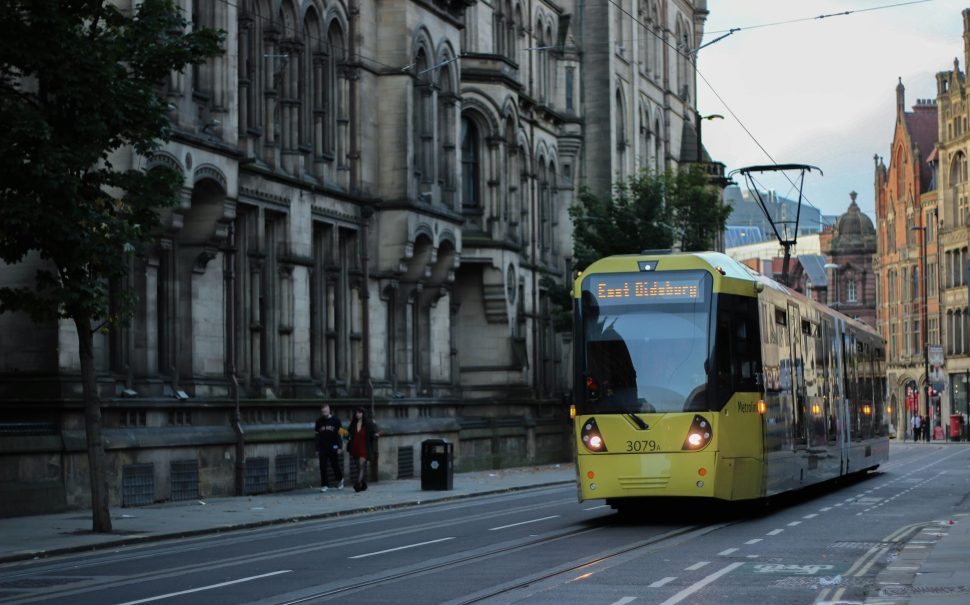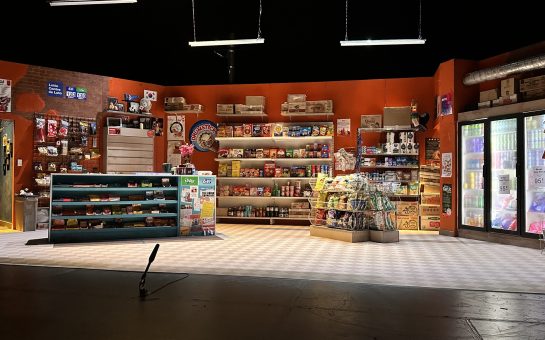We live in a highly digitalised world, where online activity and engagement are at the core of societal trends, economic performance, and cultural activities.
There is almost not a person in the world who has not had some kind of interaction with the digital sphere, which offers a source to various elements, features, functions, and possibilities.
In the UK, the evolving digital age is visible throughout society, where most people have smart devices connecting anyone with the digital community.
When comparing two of UK’s largest and dynamic cities, namely Manchester and London, there are some interesting differences in online activities.
These differences are products of an intertwined combination of economic, social, and technological factors.
What these differences also reflects are how there are still local, regional, and national differences in access to and performance of digital services such as streaming, online casinos UK, and online payment services, which is worth remembering in a world where everything seems equally digitalised.
The digital divide: Internet access and infrastructure
The primary factor that is influencing the difference in online activity between London and Manchester is the availability and quality of internet access.
As UK’s capital and a global economic hub, London has some of the most extensive and fastest internet infrastructure in the UK.
According to statistics from the Uswitch, London has the fastest average download speed of all regions in the UK, with an average speed of 93.6%.
This fast and stable connection means that the central and financial districts benefit from ultra-fast gigabit connections, which fuels global operations of multinational corporations.
In comparison, Manchester is also an important industrial and cultural hub in the UK.
However, the city lags a bit behind London when it comes to internet infrastructure. The average broadband speed in Manchester is 118 Mbps.
This is higher than the national average of 106 Mbps, but it is still lower than the one of London.
The gap in ultra-fast coverage that the city is facing is especially visible in some residential areas. However, the city is addressing this gap through initiatives to provide fibre-optic services across the region.
Online gambling
When it comes to online entertainment, there is a great difference between London and Manchester.
One thing both cities have in common is the large portion of the adult population who engages in some form of online gambling, resulting in both cities contributing substantially to the UK’s online gambling market.
However, there are some significant differences between the two cities as well.
In London, there is an overall higher participation, mostly due to a broader population base and a steady increase in high-stakes betting.
The main online gambling activity in London is sports betting.
In Manchester, sports betting is also a popular online activity, especially due to the great presence of Manchester United and Manchester City.
During football season, sports betting peaks in Manchester, where in London the same type of peak is not visible.
However, online gambling participation in Manchester is slightly lower than in London.
Statistics does show that the engagement is growing, fueled by sports betting and the great love for football in the city.
E-commerce and online shopping habits
The difference in online activity between London and Manchester becomes even more visible when looking at e-commerce.
In London, people tend to spend more money online through online shopping.
This is especially related to the higher average income and greater exposure to international markets.
The higher spending rate is based on statistics looking at the average amount spend by households on online shopping, where London is ahead of Manchester.
Another divide is on what people then spend their money on online.
In London, people tend to spend more money on luxury goods, international brands, and digital subscriptions.
Compared to Manchester, residents here spend more money online on everyday goods and services, but also fashion retail.
This difference is reflecting both economic disparities, but also differing cultural trends, as Manchester has a long status as a fashion hub.
Concluding remarks
There are clearly some regional differences in online activity and online engagement between London and Manchester.
What these differences reflects are broader economic, social, and technological divides, which are useful to understand regional differences in a country that is usually perceived as one great entity.
London has a great global economic status and a diverse population, which makes it more crucial for advanced infrastructure to ensure reliable and fast access to the digital realm.
Manchester is still lacking a bit behind on the digital infrastructure, but new initiatives are addressing this by making faster internet speed more accessible, meeting the growing need from a more tech-savvy population.
As the world continues to become more and more digitalised, understanding the regional and local differences in online activity and engagement will be useful for online providers and technological developers in the future.




